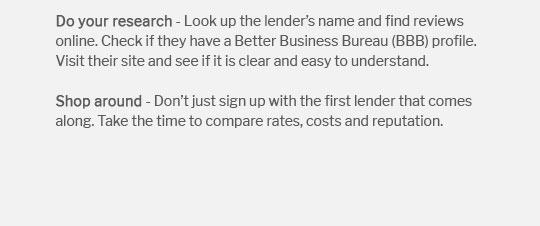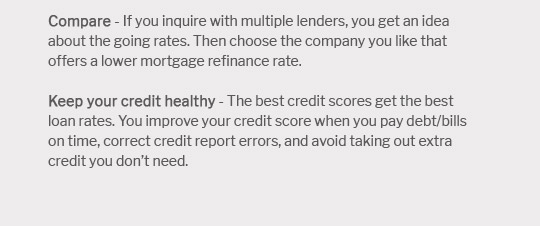 |
|||
 |
 |
 |
||
|---|---|---|
 |
||
 |
||
 |
||
 |
||
 |
 |
 |
 |
Understanding FHA Loans and Closing Costs: Important ConsiderationsThe Federal Housing Administration (FHA) loan program is a cornerstone for many aspiring homeowners, providing opportunities for those who might not qualify for traditional mortgages. A key appeal of an FHA loan is its accessibility, often requiring lower credit scores and down payments. However, it's essential to understand the intricacies of these loans, particularly when it comes to closing costs, to make an informed decision. This article delves into what potential borrowers should keep in mind. Firstly, let's explore what FHA loans are. Established in 1934, the FHA loan program was designed to stimulate the housing market by making homeownership accessible to more people. This is achieved through government-backed insurance that reduces lender risk. Consequently, borrowers can often secure loans with as little as a 3.5% down payment and with credit scores that are lower than those required for conventional loans. But what about the closing costs? Understanding these is crucial for financial planning. When considering an FHA loan, many first-time homebuyers are primarily concerned with monthly payments and the initial down payment, yet closing costs are a significant component of the total expense. These costs, typically ranging from 3% to 6% of the loan amount, can include a variety of fees, such as appraisal fees, title searches, and loan origination fees. It's important to note that FHA loans allow sellers to contribute up to 6% of the closing costs, which can be a valuable negotiating tool.
Beyond these standard fees, other potential costs can arise, such as prepaid interest and property taxes. It's advisable to request a detailed estimate of closing costs from your lender early in the process to avoid surprises. Moreover, since FHA loans are designed to be accessible, the program includes certain safeguards to prevent excessive fees, yet vigilance is always recommended. It's worth noting that while FHA loans can be an excellent choice for many, they are not without drawbacks. The most significant is the mandatory mortgage insurance premium (MIP), which protects the lender if a borrower defaults. MIP is required for the life of the loan if the initial down payment is less than 10%, which can increase overall costs over time. Therefore, evaluating whether an FHA loan aligns with your financial strategy is crucial. For some, the benefits outweigh the downsides, particularly for those who lack the upfront capital for a conventional loan or have blemished credit histories. In conclusion, while FHA loans offer a pathway to homeownership for many, understanding the associated closing costs is essential. Potential borrowers should not only focus on the immediate benefits but also consider long-term implications, including mortgage insurance. By carefully reviewing all costs and negotiating terms when possible, homeowners can ensure they make a choice that best supports their financial well-being. Whether you’re a first-time buyer or seeking a home after financial setbacks, an FHA loan can be a viable option, provided you go in with your eyes wide open. https://finance.yahoo.com/personal-finance/mortgages/article/fha-loan-closing-costs-211200199.html
FHA loan closing costs are typically 3% to 4% of your home price, though they vary by lender. Learn what you're paying for and how to save ... https://championsmortgageteam.com/how-much-do-closing-costs-for-fha-loans-in-texas-cost/
FHA closing costs breakdown typically includes three main components: upfront mortgage insurance premium, annual mortgage insurance, and FHA appraisal costs. https://www.reddit.com/r/RealEstate/comments/199scll/fhaclosing_costshelp/
When you write an offer get the seller to pay up to 6% toward your closing costs, pre-paids and escrow. You should have all of your money saved before you make ...
|
|---|